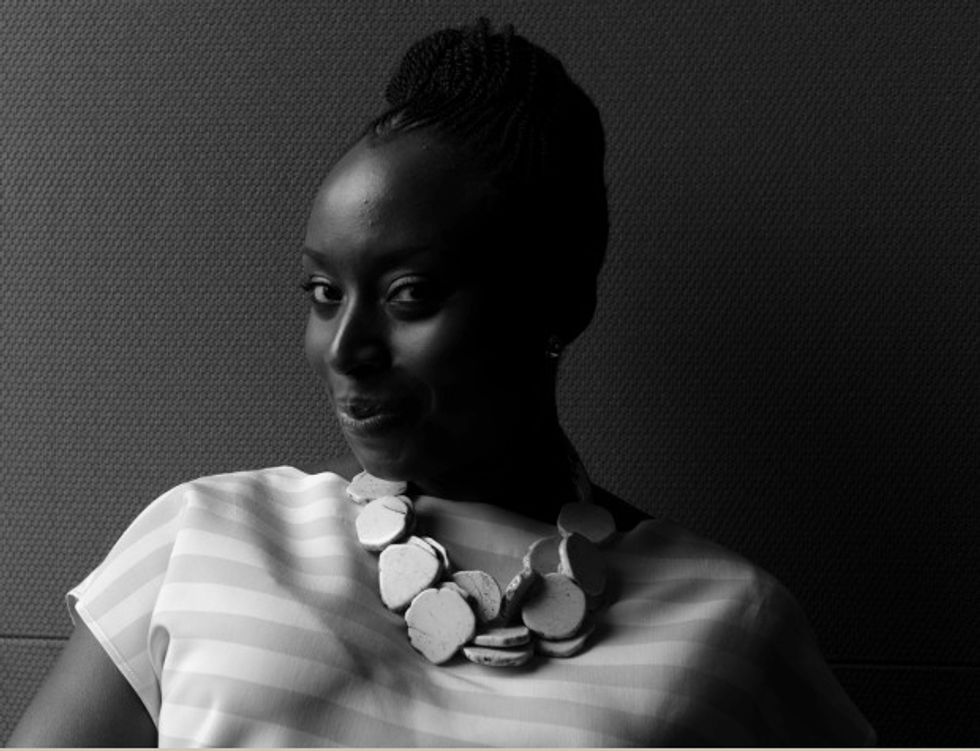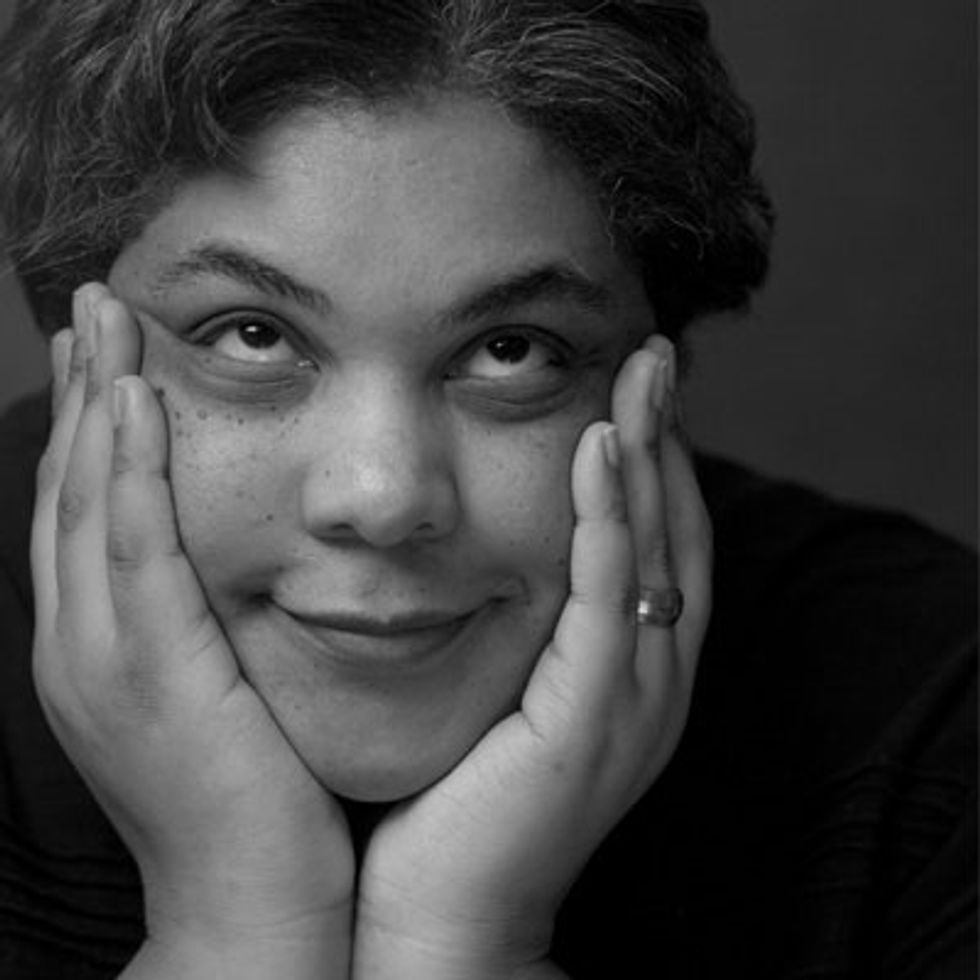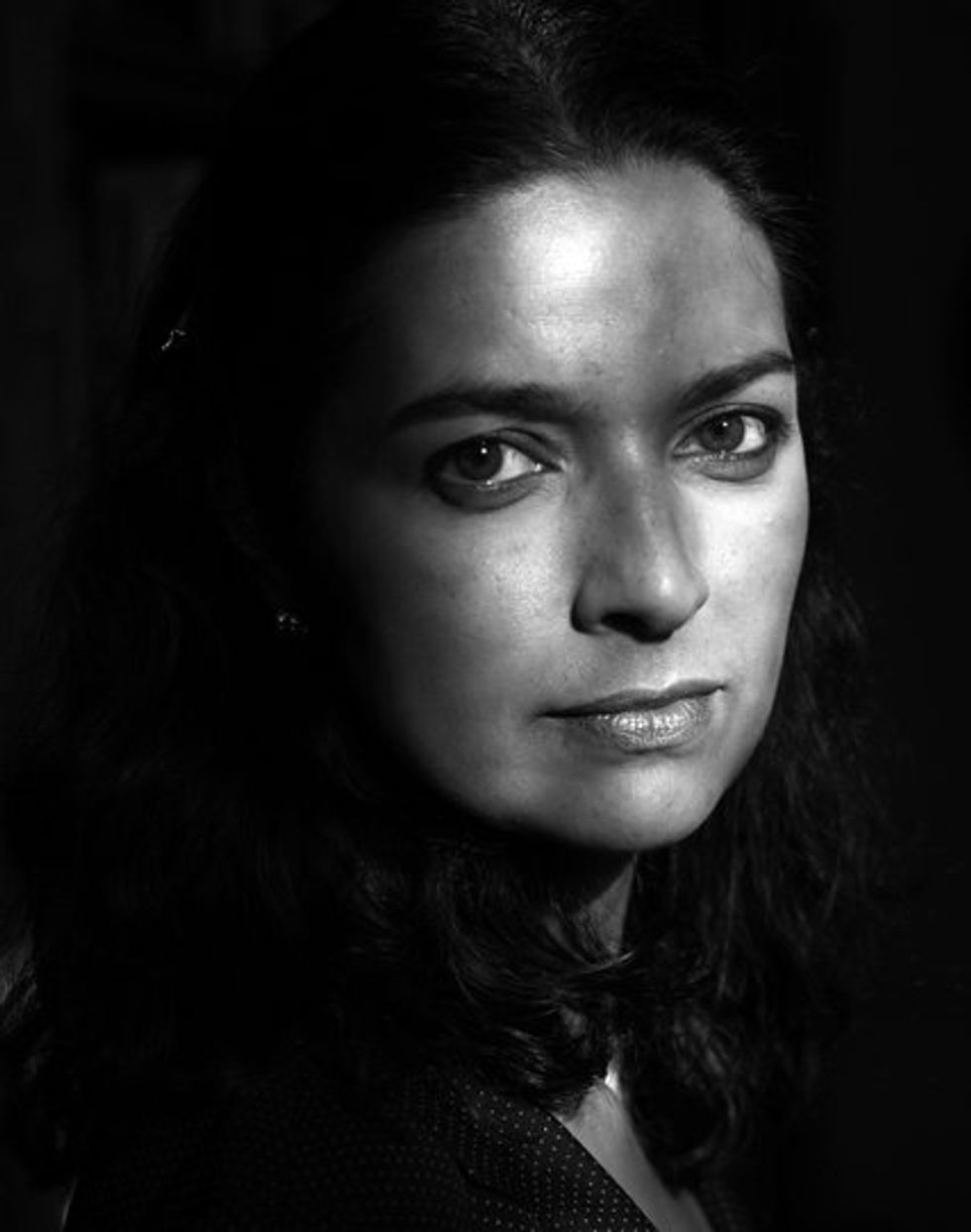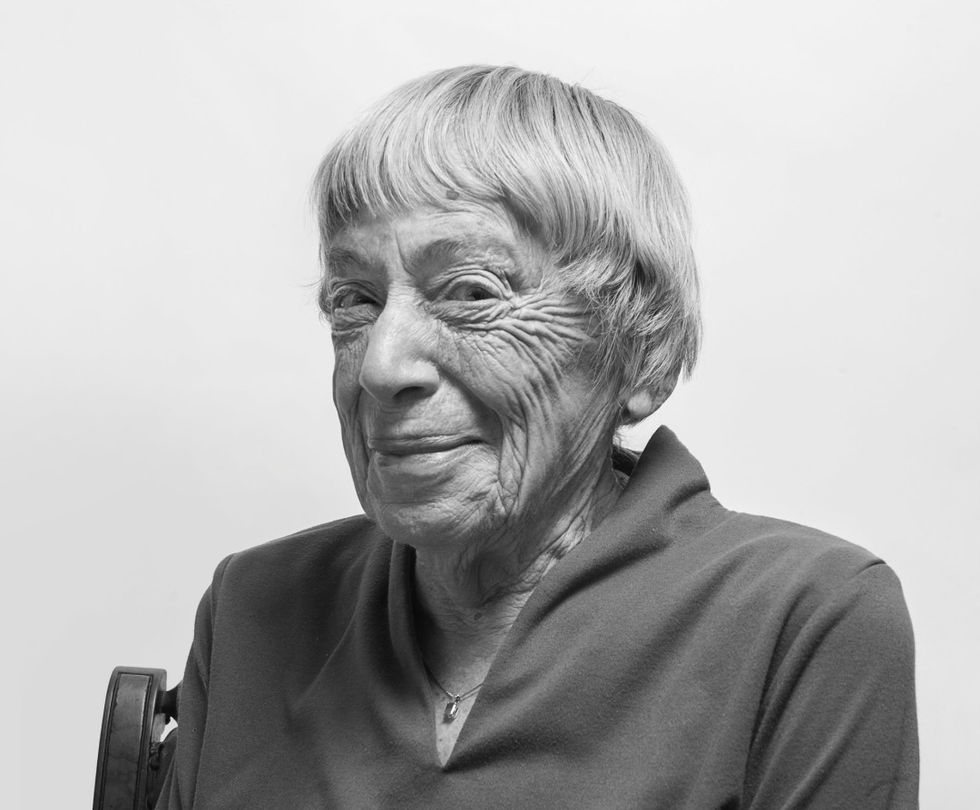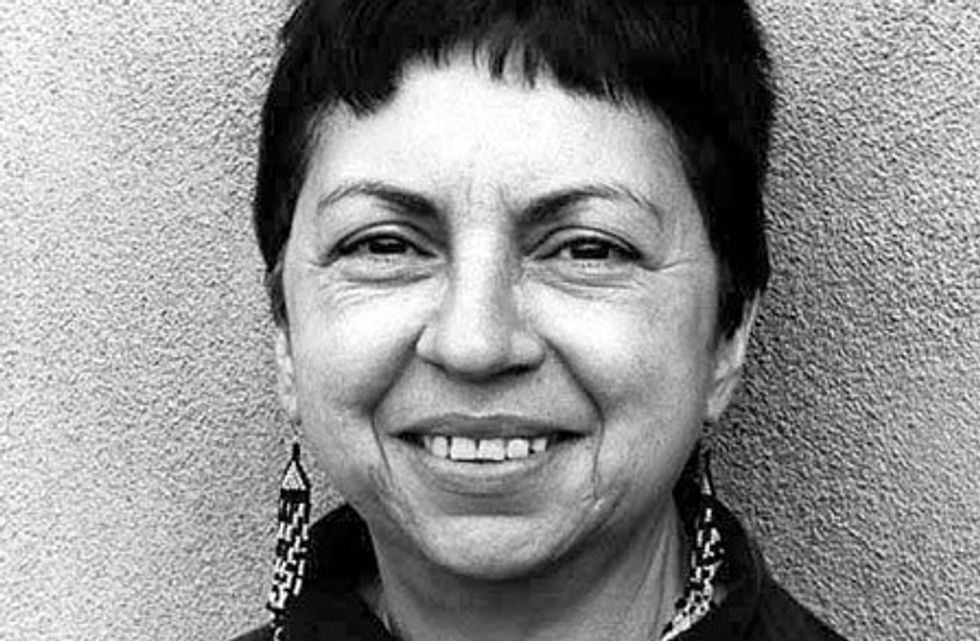Real. Powerful. Influential. Honest. Such words come to my mind as I think about the female heroes in the literary world who have driven change, sparked dialogue, and shaped the woman I am today. These are only 5 of the many women who are unappreciated, 'underappreciated', and/or simply deserve more gratitude for all they have contributed to the world, to women, to feminism, and to me...
1. Chimamanda Ngozi Adichie
Adichie, in her essay entitled We Should All Be Feminists, brings to light many of the unspoken inequality facing women across the globe, highlighting the deeply embedded injustices I’ve seen and unintentionally tolerated in my own life. Early in the essay, Adichie recalls a life-changing moment when one of her childhood friends looks at her with what I imagine to be combination of shock and disdain - and says, “You know, you’re a feminist.”
According to Adichie, it was not a compliment.
Adichie goes on to examine gender and feminism in a much deeper, analytical manner, piecing together a truly convincing argument for why we should all be feminists.
2. Roxane Gay
Out of respect and pure admiration for Gay’s clarity of thought, wit, and articulation, I find it necessary to share a profound section from the introduction of Bad Feminist:
“I openly embrace the label of bad feminist. I do so because I am flawed and human. I am not terribly well versed in feminist history. I am not as well read in key feminist texts as I would like to be. I have certain… interests and personality traits and opinions that may not fall in line with mainstream feminism, but I am still a feminist. I cannot tell you how freeing it has been to accept this about myself.”
I am flawed and human. I keep repeating these words to myself, remembering how many times I have been shunned, lectured to, and criticized for being anti-feminist because I’ve taken ‘unpopular’ stances on certain issues and because I’m forever a hopeless romantic. Gay’s words describe my truths, my perspective of reality, and the thoughts I’ve always been too scared to express.
3. Jhumpa Lahiri
I still remember reading The Namesake at a young age and thinking to myself, “This is me. This is my world. This is that unexplainable gap that some people just don’t seem to get.” Lahiri often addresses the inner division in families and individuals who’ve immigrated around the world and face a cultural fracture in their different worlds. In her piece about learning to speak Italian fluently, she eloquently describes the experience of being ‘a lingustic orphan’ as a woman who understands Bengali but doesn’t speak it, speaks English but doesn’t belong to dominant American culture, and yearns to speak Italian fluently while having no other ties to its country of origin. It’s a complex, lonely place to be and one which I am all too familiar with.
4. Ursula Le Guin
One of the many reasons I am proud to live in Portland is because I know this incredible author and activist resides there. It is very difficult to characterize the genre of Le Guin’s work as her pieces are often set in fictitious worlds and contain characters capable of unrealistic powers - on the other hand, in its exploration of social structures, human tendencies, and ideological possibilities, her work is real in every sense of the word. Although she has been vocal in her promotion of anarchy (something she and I heavily disagree on), her work constantly pushes the frontier of Western literature and for that, I am so grateful.
5. Gloria Anzaldúa
One of my favorite professors introduced me to the powerful prose of Anzaldúa and quite honestly, I can say that I am an entirely different person after reading her work. It’s been a privilege to follow her journey as a migrant worker who supported herself into eventually becoming a teacher, poet, and hugely influential figure in feminist literature. Many of her pieces feature an exploration of sexuality, immigration, politics, and religion in a seamless blend of English and multiple Spanish dialects. It is humbling to read a piece of so much depth in this multi-lingual fashion and to examine issues from a perspective that is so underrepresented in the United States.
To all my faithful readers: if you’ve made it through this piece, please know that your support means the world to me. As I've done with all my articles featuring inspirational leaders, I want to conclude with a continuous message of appreciation: To women of color in my life, in media, in politics, in literature, in male-dominated spaces - thank you for being my heroes.

